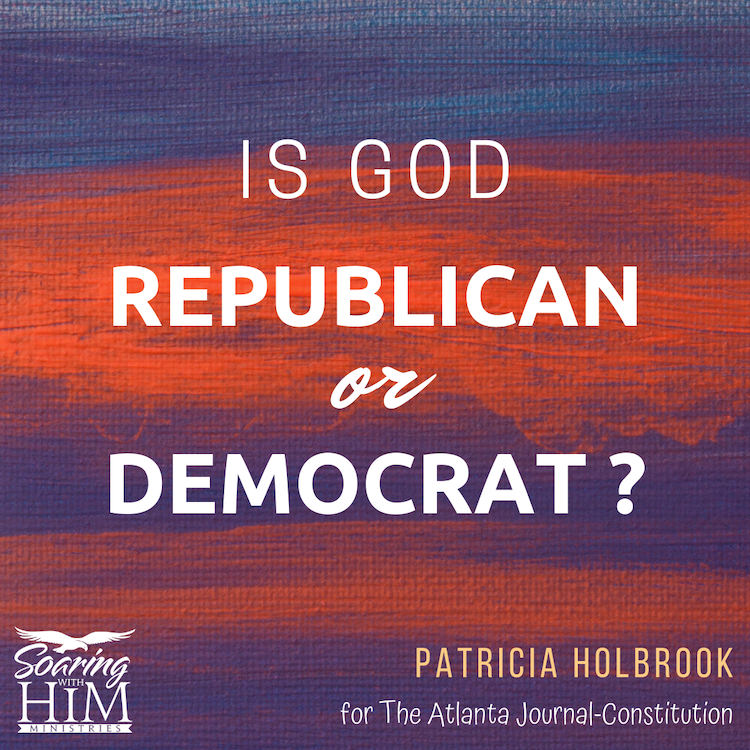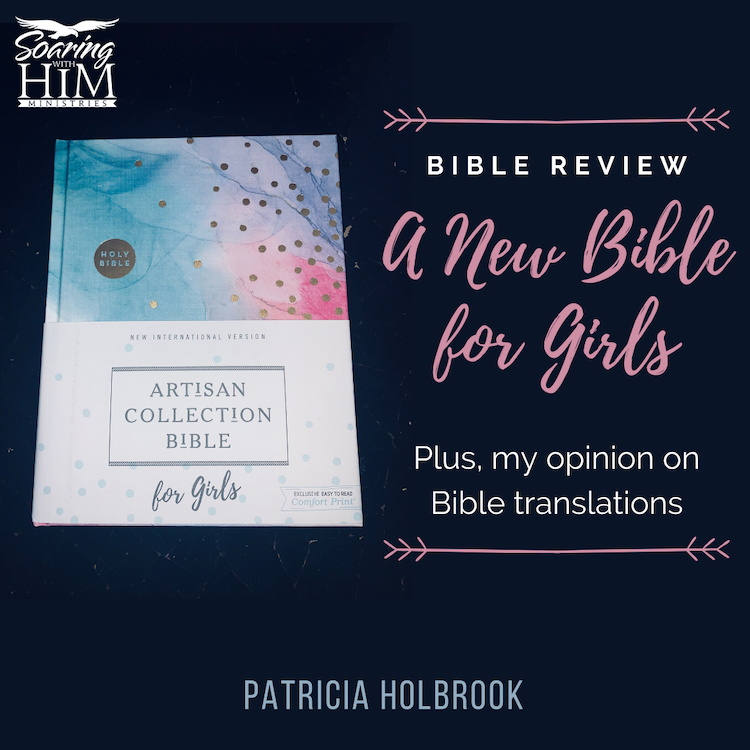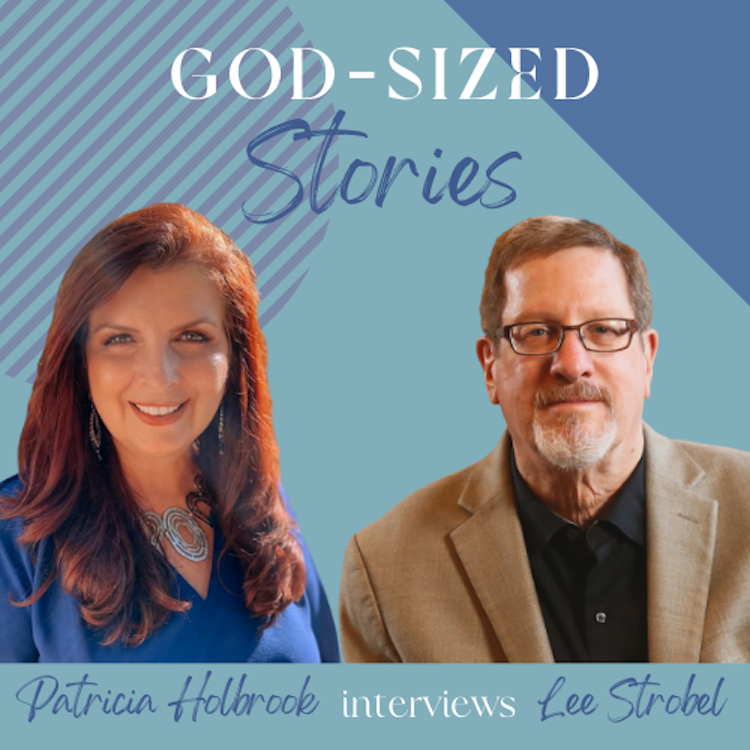 The prophet Ezekiel was one of the 10,000 exiles taken to Babylon by King Nebuchadnezzar in 597 B.C. During that time, God appeared in a magnificent vision while Ezekiel was among the Jews camping by the Kebar River, located in modern-day Syria.
The prophet Ezekiel was one of the 10,000 exiles taken to Babylon by King Nebuchadnezzar in 597 B.C. During that time, God appeared in a magnificent vision while Ezekiel was among the Jews camping by the Kebar River, located in modern-day Syria.
When God called Ezekiel to prophesy to the Jews, his ministry’s central message became immediately evident. The book’s theological focus becomes unmistakable within the first chapters: the life permeated with God’s presence versus the death associated with rebellion against him.
As the writers of Zondervan’s NIV Revised Study Bible inscribed in the introduction of the book: “With graphic imagery, picturesque language, symbolic acts and powerful words, Ezekiel’s prophecies showed God’s people that the slow death they were experiencing was a natural consequence of their gradual but relentless turning away from the One who gives life.”
As a watchman over an ancient city, Ezekiel sounded the trumpet announcing the impending judgment over Israel’s remnant if they did not turn from their rebellious ways. They refused to repent and did not believe their sin was great, much because Jerusalem and its temple were still standing. “Certainly, God was still with them,” they thought.
It was against this backdrop of blunt spiritual apathy that the prophet spoke unpopular words concerning the disaster that would come, even over Jerusalem, the beloved “City of God.” That same prophecy had been delivered by Israel’s previous prophets (Isaiah and Jeremiah) as early as 150 years before, and it finally took place during Ezekiel’s lifetime, in 586 B.C.
The prophet was a member of a priestly family and, though confined to Babylonia, he had a relatively free life there, even living in a house of his own.
He could have chosen the easy road and performed his priestly duties, turned a blind eye to rebellion and “tickled” the Jews’ ears with uplifting messages of glory and grace. But God made it clear that the prophet would be held responsible for the people’s demise if he did not speak up. And so Ezekiel accepted his calling and told the truth, however unpopular it might be. His name means “God strengthens,” and he certainly lived up to it. He relied on God to give him strong faith and a steady heart to fulfill his challenging mission.
We live in an age of moral and religious relativism, perhaps only rival to ancient Rome. It is the empire of “iron and clay” as described in the prophet Daniel’s interpretation of King Nebuchadnezzar’s dream of a statue representing four future empires. Iron depicts military strength and clay characterizes an immoral, fragile society. Indeed, it is a perfect representation of our world today.
As it was during Ezekiel’s ministry, this is also a time when leaders who speak out against sin are often ridiculed or persecuted. The “God is love” mantra threatens to erase the truth that God is also righteousness and holiness and that Scriptures carefully and undeniably describe his moral compass, from Genesis to Revelations.
Parents who do not correct their children may think that they feel loved by their complacency, but that could not be further from the truth. As pediatrician and best-selling author Dr. Meg Meeker says in one of her publications: “When rules and boundaries are set with respect and love, kids will feel safe and loved.”
It is because God loves that he corrects and guides. The intentional design of his law is not to restrict, but rather, to protect. Just as good parents discipline or rebuke their rebellious children, he loves us too much to overlook our sin and turn his face from our wayward hearts.
It takes strength of character and courage to stand for our beliefs in this society, just as much as it sometimes hurts to correct our children. But just as Ezekiel bravely fulfilled the mission God gave him, may we dare to take a stand against popularity and ease, lest our omission and fear of losing people’s approval bear a price too high to pay.
May we dare to be parents, teachers, preachers, men and women who vow to be like watchmen on the wall, sounding the alarm at the sight of the forthcoming danger to those we love and serve. Because sometimes, tough love is indeed the best gift. Patricia Holbrook is a columnist, author, blogger and international speaker.
This article was originally published in Patricia’s column for The Atlanta Journal-Constitution on Saturday, December 5th, 2020. You can find it on the AJC’s website by clicking HERE.




